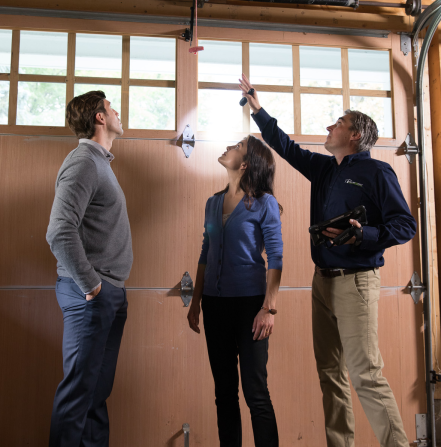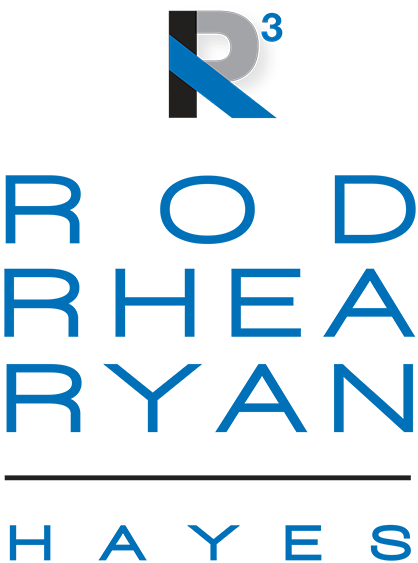Everyone wants to know...what is the REAL cost of moving?
Aside from just paying the actual cost of a home there are a number of other factors to take in to consideration when moving forward with a new purchase or rental that a lot of buyers/renters do not initially think of.
Thankfully Real Estate Weekly has gathered a list of nine of the most common costs that everyone tends to overlook when calculating just how much they can afford in monthly payments. Regardless of whether the cost is large or small...it all adds up, and even one of these nine costs could push a buyer/renter over their comfort zone.
In no particular order, here are the nine most commonly overlooked costs when buying/renting in Canada according to REW:
Closing Costs:
Perhaps the most obvious added costs of purchasing a home...and everyone's first immediate question; but how much is a lawyer going to cost? And depending on if this is your first time buying a home and what particular costs you roll in to the umbrella of 'closing,' the total can vary from a few thousand to five figures.
REW outlines these costs as the following:
Closing costs are a significant expense that you want to plan for ahead of time. They’re the fees that home buyers pay to a lawyer or notary to complete the necessary legal paperwork required to transfer the ownership of a property, property transfer taxes, appraisal fees and insurance.
Inspection:
We always recommend an inspection because there are a number of issues you just can’t see for yourself. You need a professional...it is the only way to go. Depending on the size of a home the price of an inspection will vary, but it could range anywhere from $350-$1000.
REW voices their opinion on inspections in their own words:
Buying a home in Canada is a huge investment, whether you’re opting for a condo, townhouse, or detached home. A home inspection makes sure that you go beyond what you can see with your own eye, revealing as much as possible so that you’re putting in an offer with full confidence. Trust us, the truth may hurt, but not as much as a leaky roof.

Picture from Pillar to Post Home Inspections
Security Deposit:
Slightly outside of our purview as residential realtors, but nonetheless important. If you are looking at renting a place a security deposit is key, and so is how you can lose it when you move out.
REW shares the following words of wisdom on security deposits:
To avoid any surprises, make sure you read the fine print and understand the terms of your deposit. Sometimes an additional non-refundable cleaning fee is included in your deposit, and pet deposits add up quickly, so you’ll want to know their total costs beforehand. Document the property's condition, take video if you can, and communicate any issues with your landlord to avoid surprises when it’s time to move out. Security deposits in Canada can cost thousands of dollars, and should always be crystal clear.
Utility Costs:
This one may seem like a no brainer, but utilities can quickly add up and vary widely depending on the style of home you are purchasing; and if you are renting, ever rental agreement is different. Make sure you investigate utility costs before more forward with buying or renting. The main questions being...do they fit in to your monthly budget?
REW jests that utilities are like cookies...
...like calories in a sleeve of delicious Oreos, they can add up quickly. Best to read the nutrition label on the side of the box before you get too comfortable. Before signing a lease or purchasing a new home in Canada, inquire about the average utility costs at your new digs. Electricity, gas, water, and other costs should be known before you move in so that you can avoid any surprises when the bills arrive.
Hiring a Moving Company:
How good are your friends really? Do they all have trucks? How much time will you need to be prepared for a move? In all likelihood a moving company is the way to go. But how much do they cost? Depending on the size of the truck you rent, and if you are hiring movers, the cost can vary greatly. Get a quote. Plan ahead. And expect curveballs on the day of.
There is also the consideration of a storage locker...if your moving dates do not perfectly align with the home you are moving out of you may need a temporary home for your things. Make sure you plan your dates careful and research nearby self storage if needed.
Maintenance Costs:
Even in a strata there are maintenance costs…they are impossible to escape. Yes strata fees will cover most issues…but not all of them. And if you are buying a detached home…you are your own strata. While there are no monthly fees to contribute to a continguianct fund that does not mean that you should not put money away so you are not caught off guard when a large cost arises.
REW outlines the following:
Maintaining your castle isn’t free. Depending on the upkeep of your new home, you’ll want to keep maintenance costs in mind upfront. Likewise, homeowners of apartments will have less maintenance than detached home buyers, and townhomes often come with monthly maintenance fees.
Renovations:
Can you undertake your renovations one at a time? Tackle all of your projects over the course of three to five years…or do you need to take the home head on starting on possession day? Renovations are a big one, and the price take can easily break in to the six figures.
REW has the following wise words of guidance:
This is where numbers can vary wildly. Whether you’re renting or buying, you should know which renovation projects you need to take on upon moving in, and have their costs accounted for in detail. The price of a new roof or flooring can range significantly, whereas the cost of adding a heat pump or a new toilet is fairly fixed.
Create a rough budget and know your numbers. If the home you’re purchasing needs new trim, doors, or windows, you should know these costs before you make an offer. This way, you’ll know how much money you have to play with after you take possession.
Furniture:
Another one that you would think is straight forward…but it’s not. Will all your furniture from your last home transfer to your new place? Do you even want to take it all with you, or do you want to start over with a new aesthetic for your new home?
Furnishing your new home or rental is an important conversation to have before moving forward with a purchase or a lease because you are going to want to set aside a certain amount of money to make sure you can make your new place feel like a home.
Home Insurance:
We always recommend making insurance a subject in any offer. Your home could be on a flood plain or in a area of high risk for fires. There are several reasons that home insurance can add up quickly and it is always best to know these costs ahead of time before making a big purchase.
REW suggests, and we agree, to take your time and shop around. Compare rates, assess the specific coverage you need and want. Make sure you have everything lined up to protect your needs before signing off on a lease or removing subjects on an offer.
